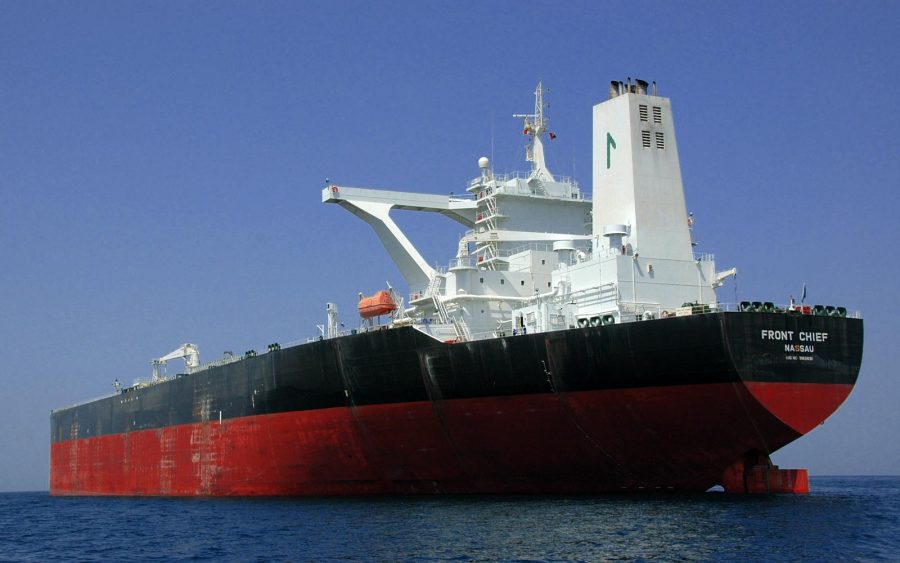The Nigerian crude struggled to find buyers as Nigerian cargoes were slow with an overhang of close to 20 unsold cargoes from the 58-strong October loading programme, while the November programme, the largest in six months, had seen fairly muted demand so far.
This is just as the price of crude oil, yesterday surged towards $84 per barrel, the highest so far this year this is as a result of output shortfalls in Iran, currently being sanctioned by the United States.
The recent increase in oil prices has raised hopes that crude could reach $100 per barrel for the first time since prices slumped in mid-2014, when Brent peaked at $115 per barrel.
The Organisation of the Petroleum Exporting Countries (OPEC) pumped a 2018 high of 32.85 million barrels per day in September, up by 90,000 bpd from August’s revised level.
Why the surge in Price
The United States sanctions on Iran’s energy industry, which is expected to come into force on November 4, are designed to cut crude exports from the third-biggest producer in OPEC.
Iran has attempted to downplay the impact of looming US sanctions by claiming that it has no intention of reducing oil production. Also, several major buyers in India and China have revealed plans to cut purchases of Iranian oil.
The Implication for the Nigerian economy
The surge in oil price is a good news for the Nigerian economy as the government is currently struggling to fund its N9.1 trillion 2018 budget which was based on a $51 benchmark. The Nigerian economy still depends on revenue from crude oil exports to finance its budget and as a major source of foreign exchange.
This is also heartwarming to foreign investors as they seek to cushion the depletion rate of the external reserves in the face of increasing capital flights.
However, the downside risk is that the NNPC will have to bear more cost in the form of subsidy due to the higher landing cost of petroleum products. Also with increase in oil price, the government may renege on its earlier plans to diversify the revenue base of the economy from oil.












